Arnhem grew from colonial coffee trading into an innovative coffee city where Peeze and new cafés combine craftsmanship, plant-based choices, latte art and circular initiatives, allowing consumers to experience quality, conviviality and sustainability in every cup, where networks of local talents and flavour trends converge
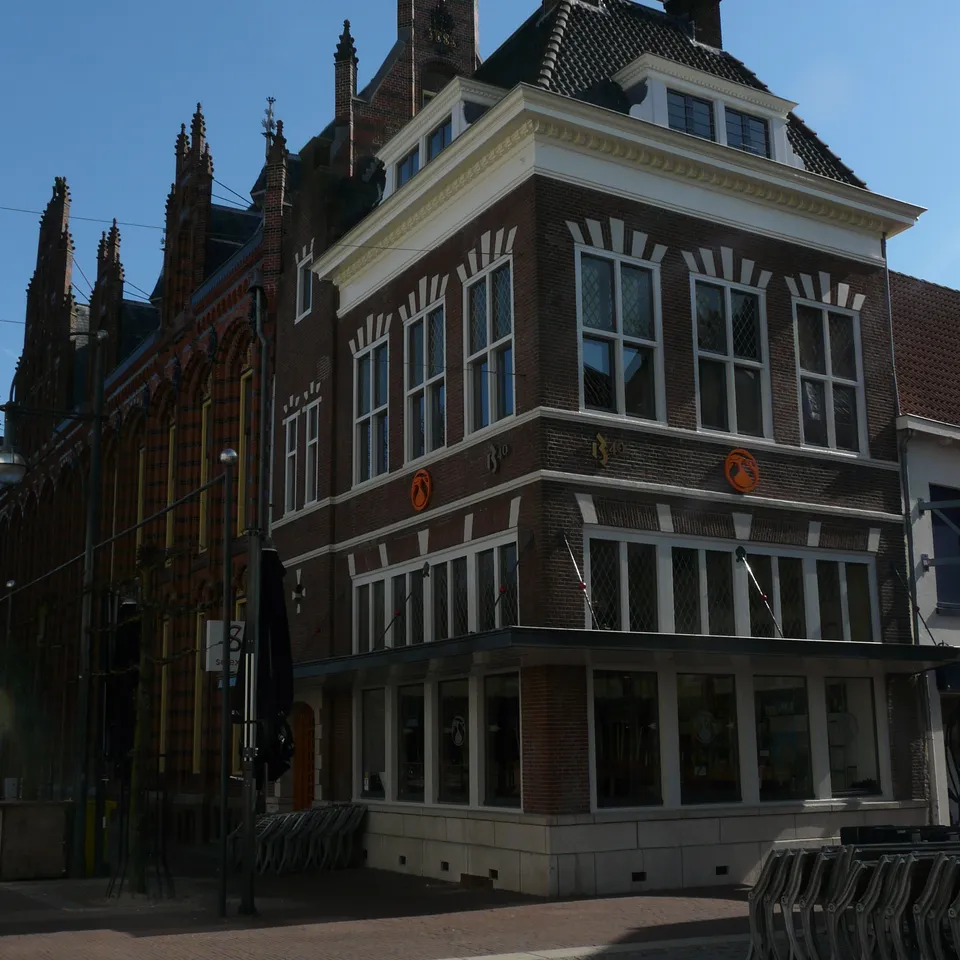
Roasters in Arnhem
No roasters have been found yet.
Districts in Arnhem
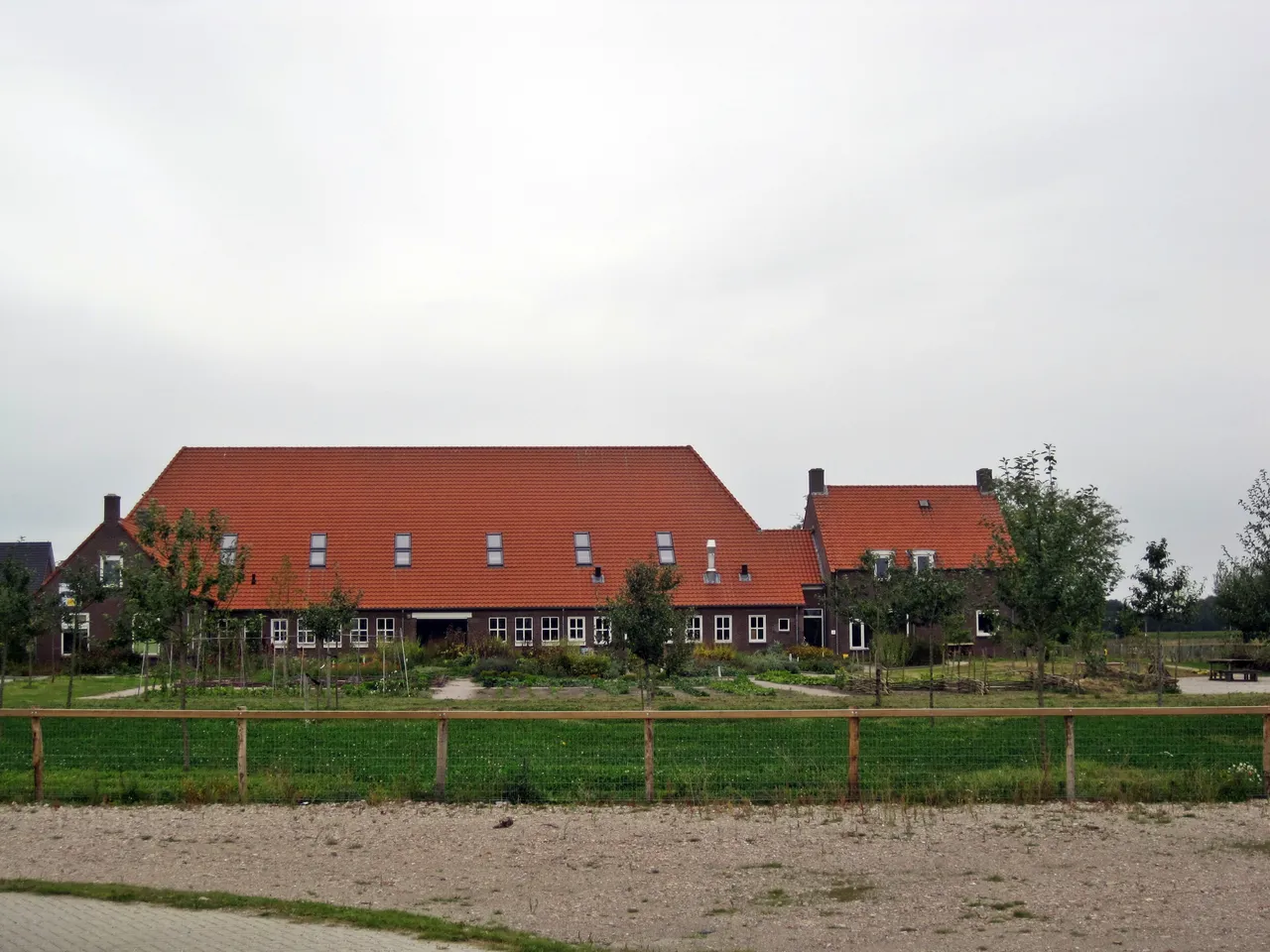
De Laar
De Laar kent een buurtgerichte koffiecultuur zonder specialtybars. Koffie hoort bij dagelijkse routines en ontmoetingen op plekken als De Laarhof, lunchroom, bakker en sportkantine; voor specialty ligt de focus in het centrum van Arnhem.

Vredenburg/Kronenburg
Vredenburg/Kronenburg kent een winkelcentrum-gerichte koffiecultuur: toegankelijk, betaalbaar en sociaal. Piekmomenten vallen samen met winkeluren en busverkeer, terwijl vernieuwing kansen biedt voor kwaliteit, zitplekken en duurzamere keuzes.
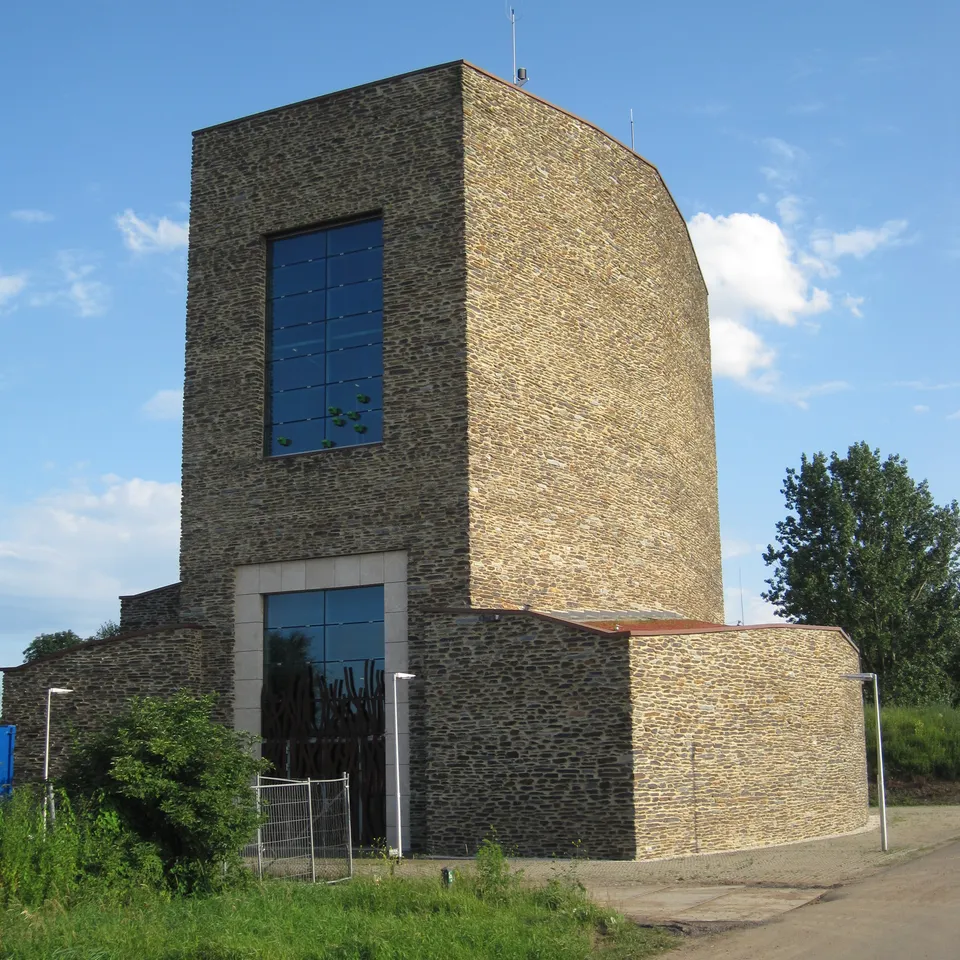
Schuytgraaf
Schuytgraaf heeft een jonge, toegankelijke koffiescène met FortVier, De Buitenplaats en Gusto. Focus op gezinnen, ochtenden en duurzaamheid. Third-wave microbranderijen ontbreken, wat kansen biedt rond Pallas Atheneplein en MFC De Omnibus.

City Centre
Arnhem Centrum koppelt koffie-erfgoed aan een compacte specialtyscene rond Nieuwstad, Nieuwstraat en Walstraat. Hotspots bieden werkplekken, snelle wifi en plant-based opties, terwijl de teruggekeerde Sint Jansbeek de loopstromen en terrassen versterkt.

Velperweg e.o.
Profiel van de koffiecultuur rond Velperweg, Arnhem, met MOES, Brasserie Angerenstein, Bronbeek en het trainingsrestaurant van Rijn IJssel. Daglichtgericht, buurtgericht en betaalbaar, met pieken rond schooltijden, parkbezoek en museumactiviteiten.

Presikhaaf-West
Presikhaaf-West heeft een toegankelijke, buurtgerichte koffiescène. Peeze, T-HUIS en het winkelcentrum verankeren dagelijkse stops, betaalbare klassiekers met enkele specialty accenten domineren.
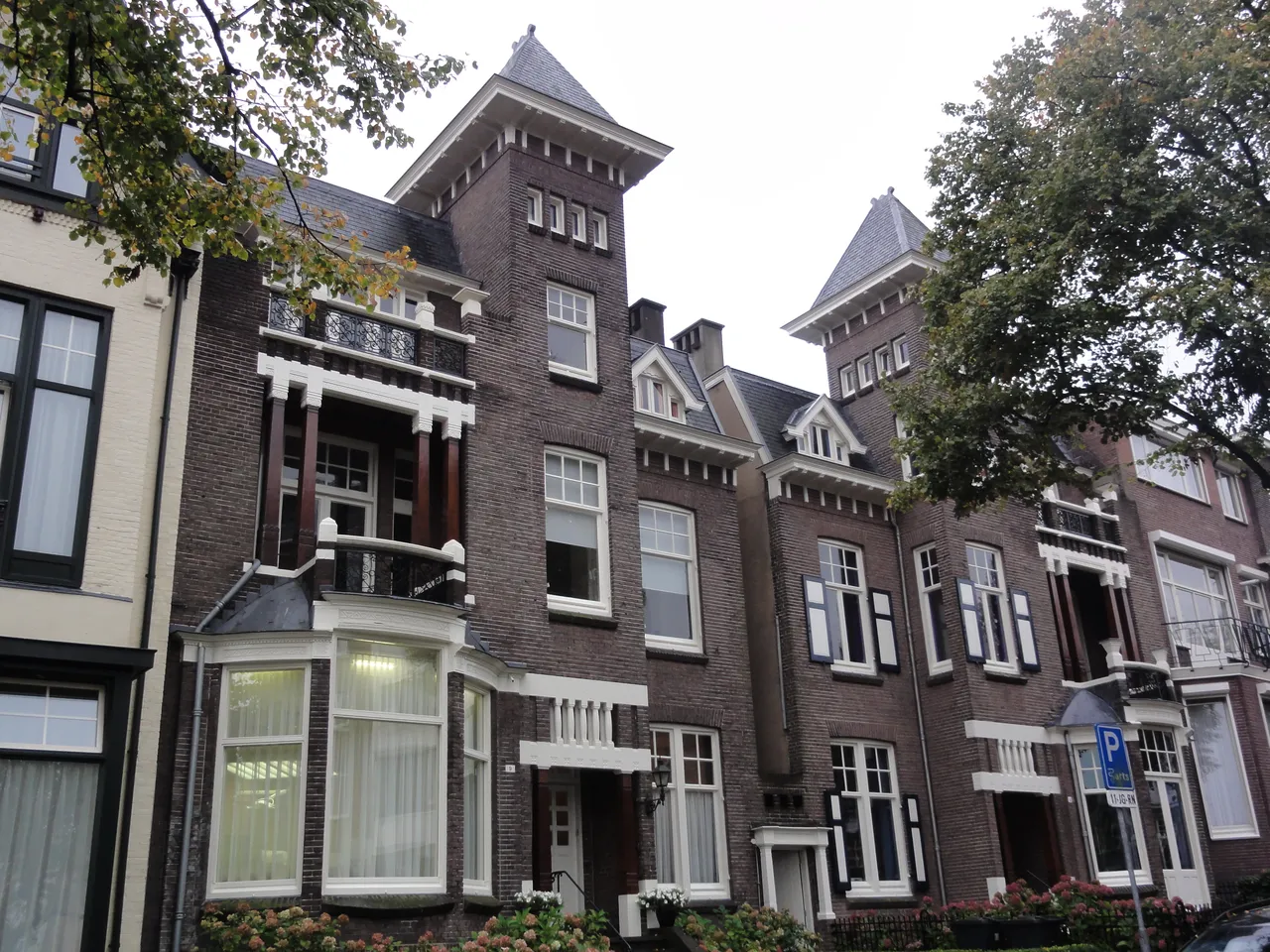
Burgemeesterswijk/Hoogkamp
Overzicht van koffiezaken in Burgemeesterswijk en Hoogkamp, met buurtcafés, bakkerijcafés en parkbrasserieën. Piekmomenten liggen in de late ochtend en het weekend, met nadruk op espresso, patisserie, to-go en kleinschalige duurzaamheid.
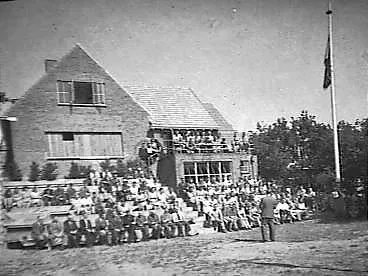
Alteveer/Cranevelt
Alteveer Cranevelt kent kleinschalige, buurtgerichte koffiepunten. Buurtfabriek, bakker en snackbar dragen ontmoeting en dagritme. Specialty ontbreekt, bewoners wijken uit naar centrum, terwijl Beethovenlaan en Oremusplein het dagelijkse aanbod bundelen.
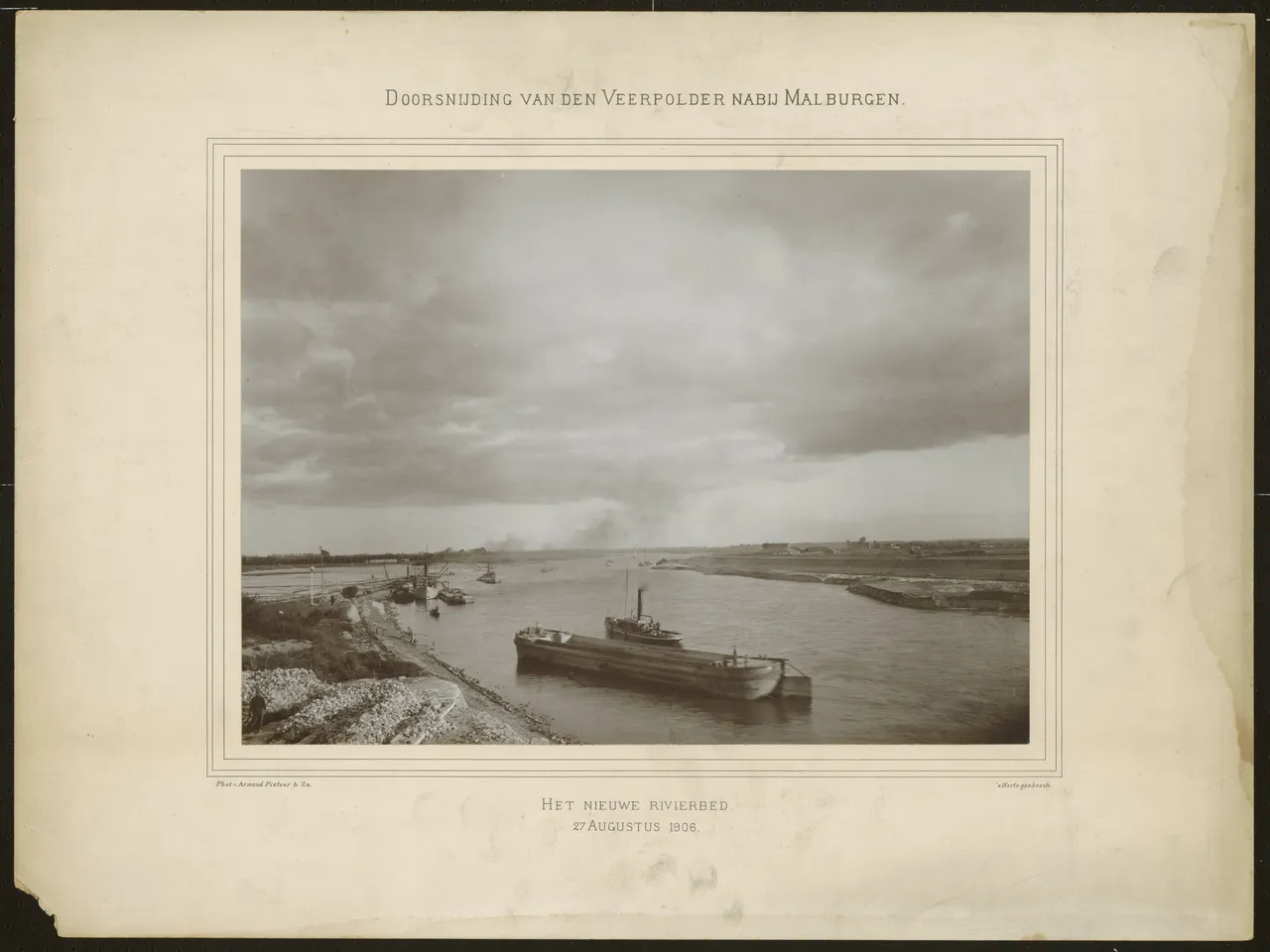
Malburgen-Oost (Noord)
Malburgen-Oost (Noord) kent een functionele koffiecultuur met buurtcafés en MFC De Malburcht als anker. Geen specialty bars, wel ontmoetingen rond schooltijden, prijsbewuste keuzes en aandacht voor herbruikbare bekers.
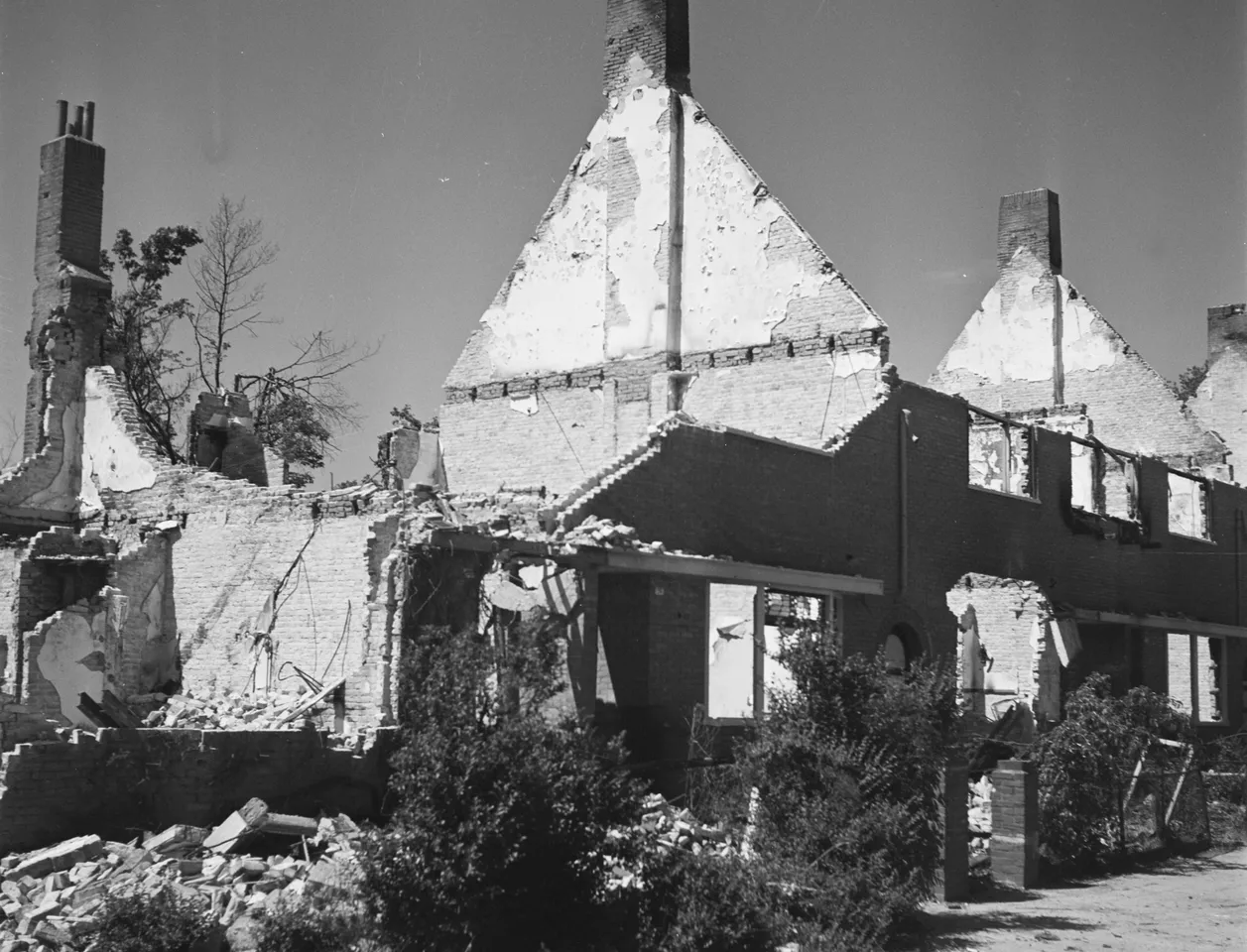
Heijenoord/Lombok
Compact wijkprofiel, koffie als sociale lijm, weinig dedicated specialty bars. Dagmarkt rond Oranjestraat, buurthuizen en initiatieven als ’t Huukske en Koffiebus dragen ontmoetingen, kansen voor nuchtere, buurtgerichte ondernemers.
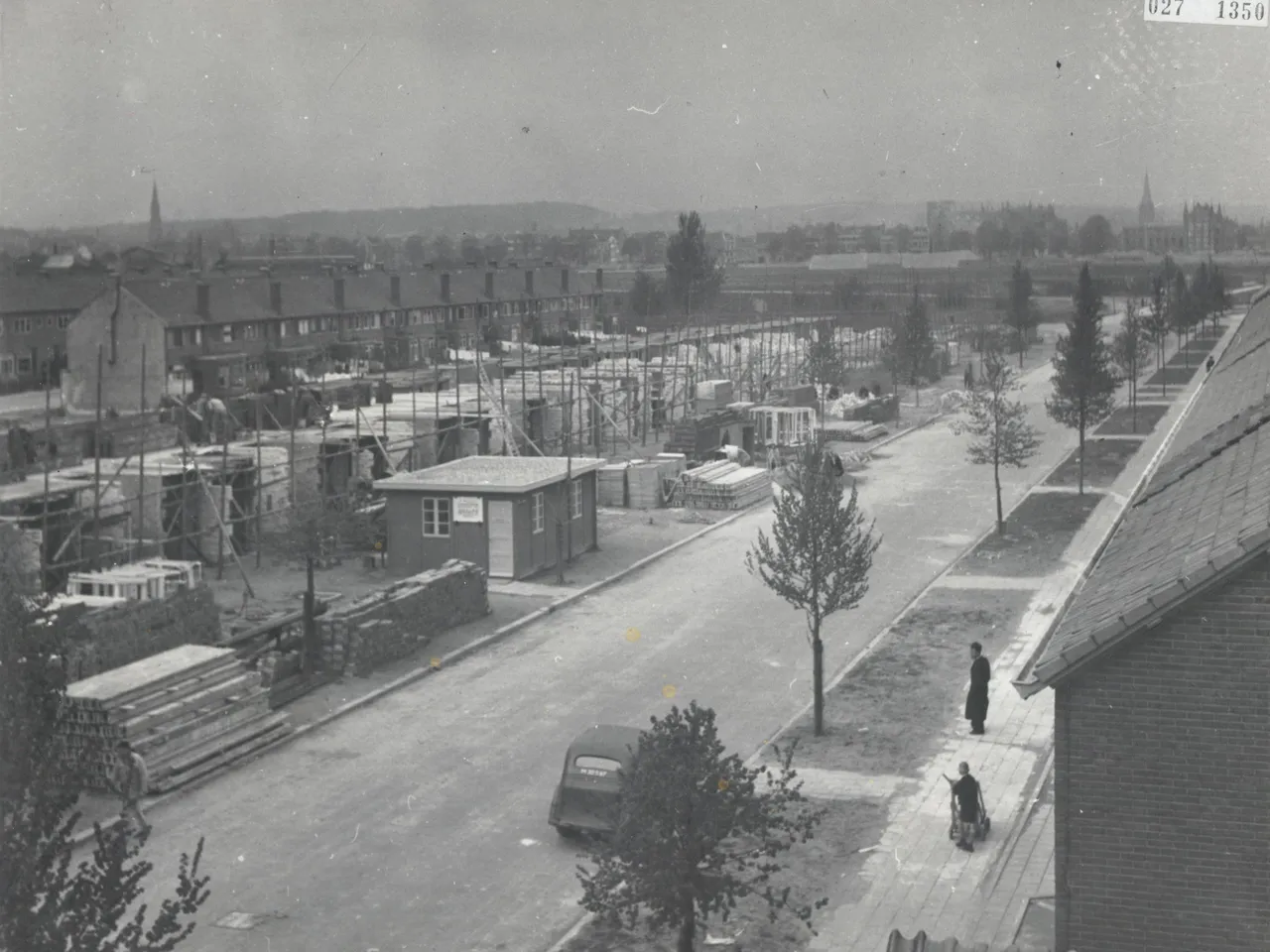
Malburgen-West
Malburgen-West heeft een buurtgerichte koffiescène met erfgoed als anker. Het Arnhems Gemaal, buurtcentra en winkelstroken bieden dagelijkse koffie, met pieken rond schoolritten, boodschappen en wandelroutes langs de dijk.
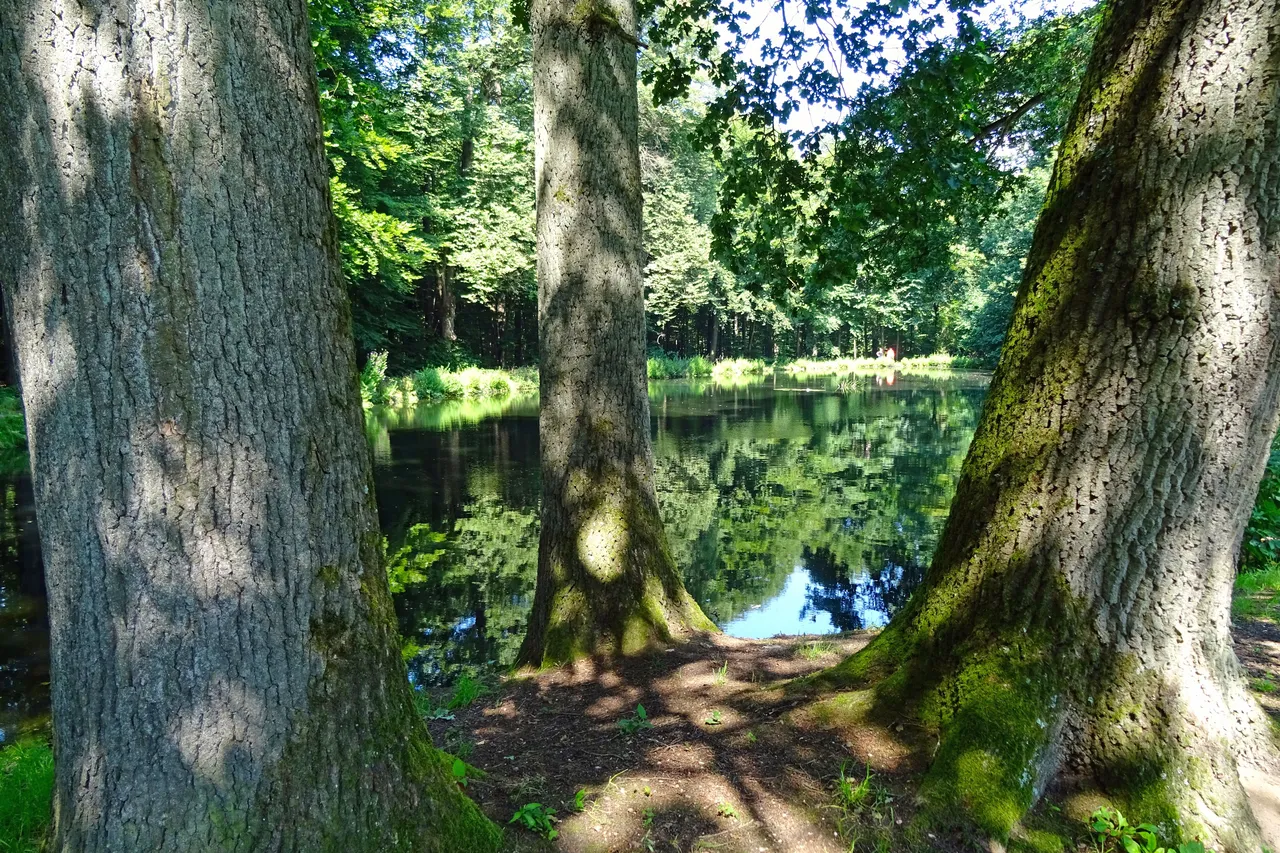
Schaarsbergen
In Schaarsbergen draait koffie om dagrecreatie. Bezoekers stoppen bij Burgers’ Zoo, het Openluchtmuseum en langs de Koningsweg voor een praktische pauze met cappuccino, gebak of grab-and-go espresso.

Geitenkamp
Geitenkamp biedt een kleinschalige, sociale koffiescène: huiskamers, lunchrooms en een fiets-pop-up rond het plein, met betaalbaarheid en ontmoeting centraal.
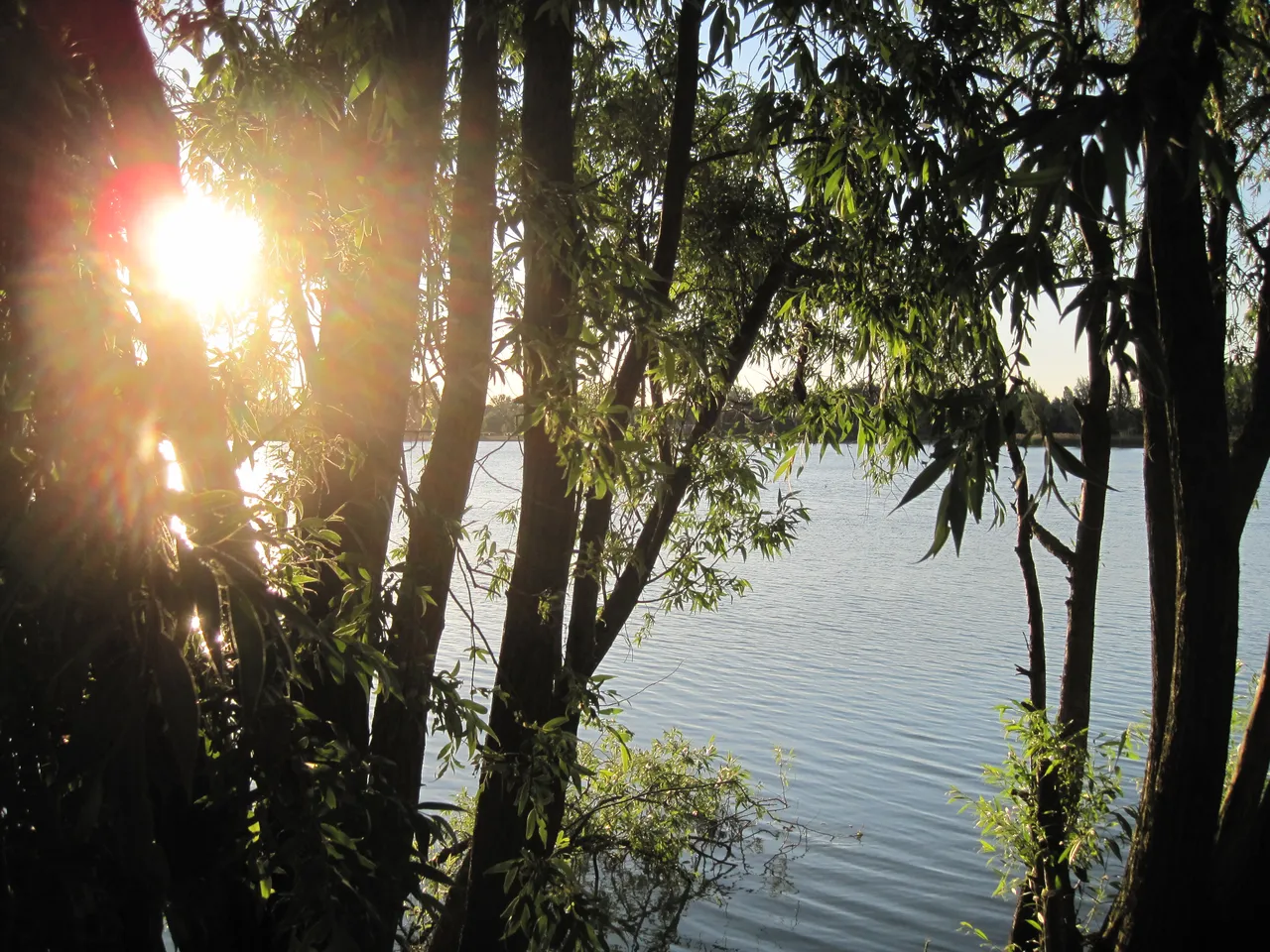
Rijkerswoerd
Rijkerswoerd kent een sociale, toegankelijke koffiecultuur rond winkelcentrum, boerderijcafé en stadslandbouw. Happy Day, De Hooijmaat en koffie in het groen trekken buurtbewoners met betaalbare dranken, ontmoetingen en wekelijkse momenten.
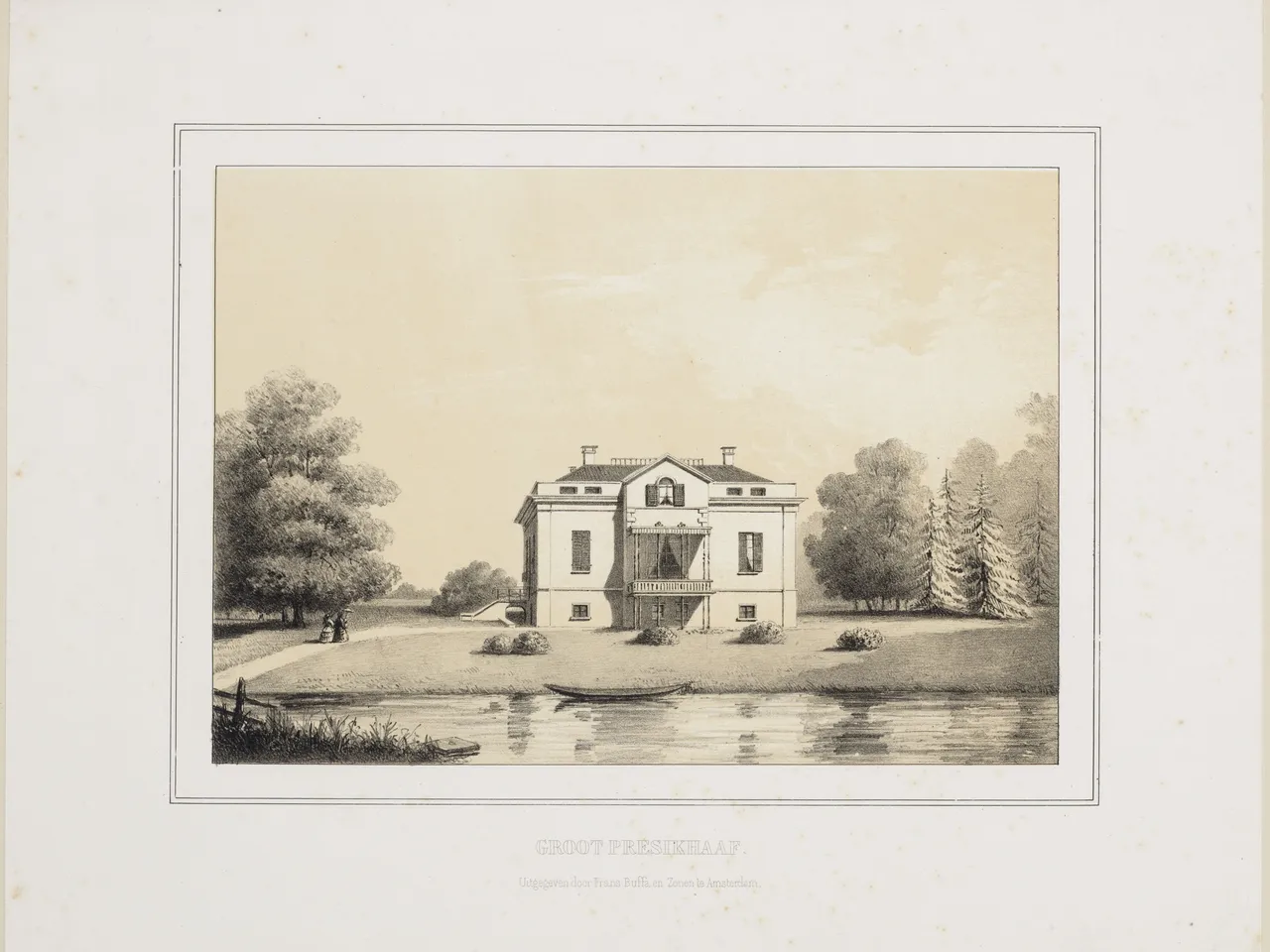
Presikhaaf-Oost
Presikhaaf-Oost drinkt koffie in het ritme van park en winkelcentrum. T-HUIS en de passage trekken gezinnen, studenten en senioren, met focus op snelheid, betaalbaarheid en zichtbare duurzaamheid.
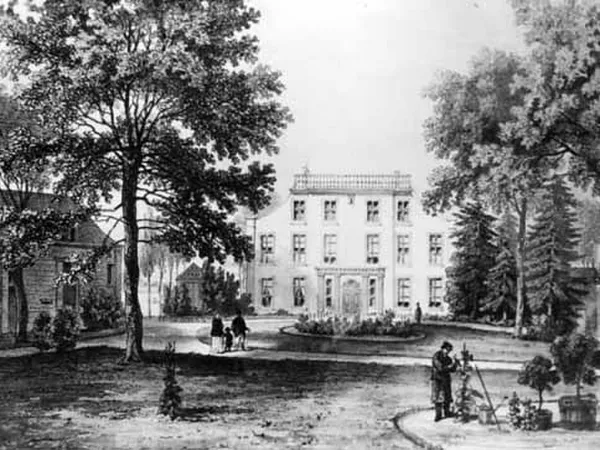
Klingelbeek e.o.
Groene wijk met kleinschalige koffiecultuur. Atelier Giri op Landgoed Klingelbeek biedt matcha, specialty filter en plantaardig gebak, terwijl zorglocaties en coffee mornings de buurt overdag verbinden.
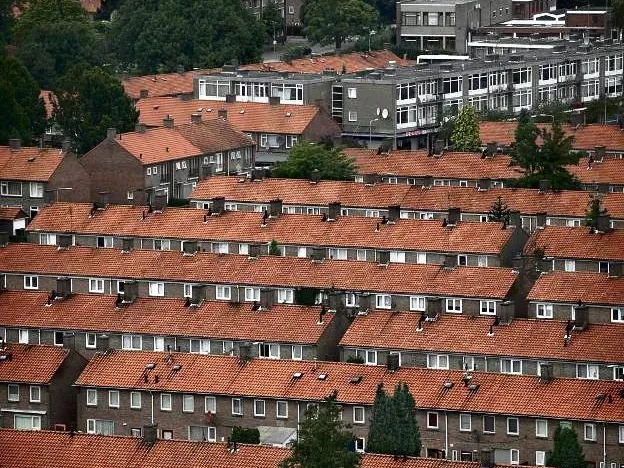
Malburgen-Oost (Zuid)
Malburgen-Oost (Zuid) kent een nuchtere, betaalbare koffiecultuur rond De Drieslag en het Bruishuis, met communitycafés, grab-and-go en pieken op markt- en schooltijden, passend bij een diverse, prijsgevoelige wijk.
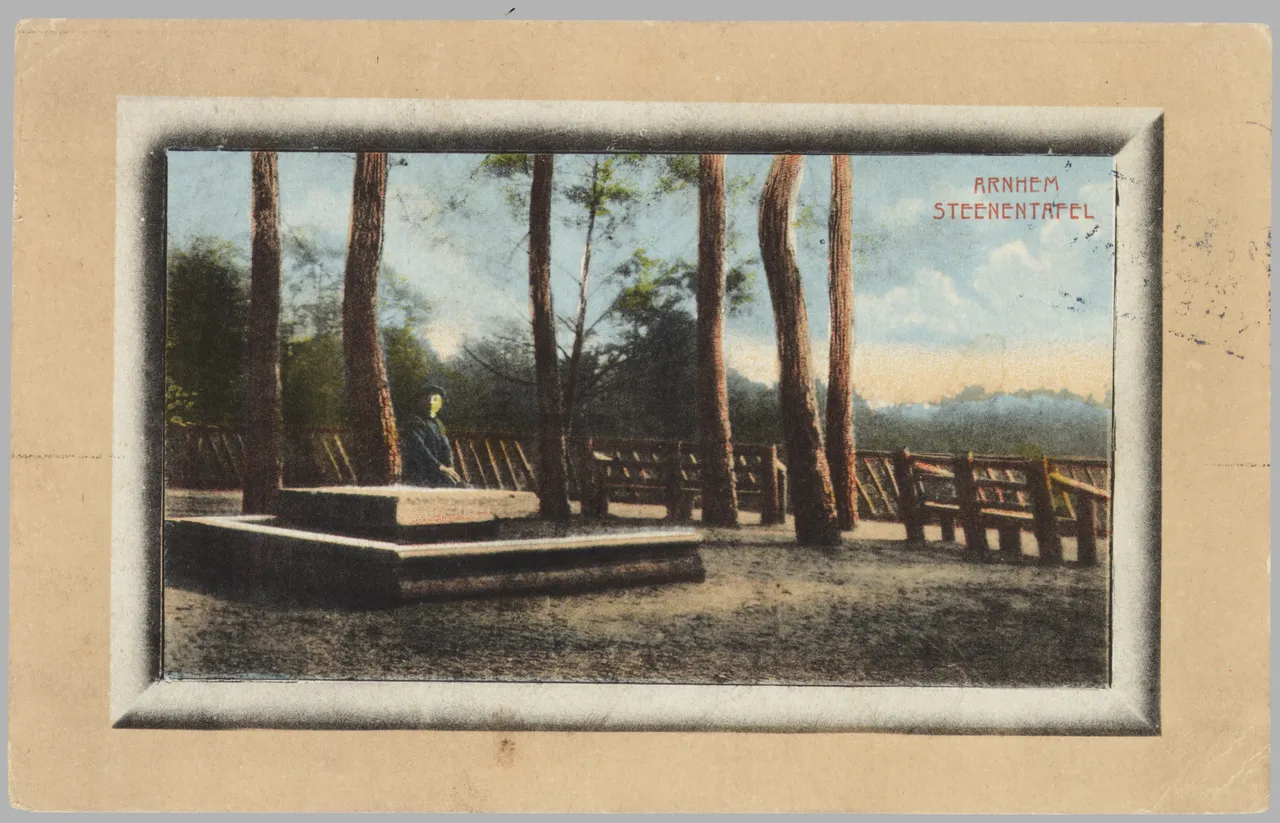
Monnikenhuizen
Monnikenhuizen kent een praktische koffiecultuur rond park en sport. Bloem, Sportcafé Valkenhuizen en Tapperij bedienen wandelaars, sporters en buurt, met koffie-to-go, pieken bij zwemtijden en Hoogte80, geen third wave cluster of microbranderijen.

Elden
Elden kent een sociale koffiecultuur rond De Brink. Bistro’s, buurtcafés en het Dorpshuis dragen het dorpsritme, met koffie bij ontmoetingen, evenementen en gebak, terwijl kansen liggen in herbruikbare bekers en koffiedikhergebruik.
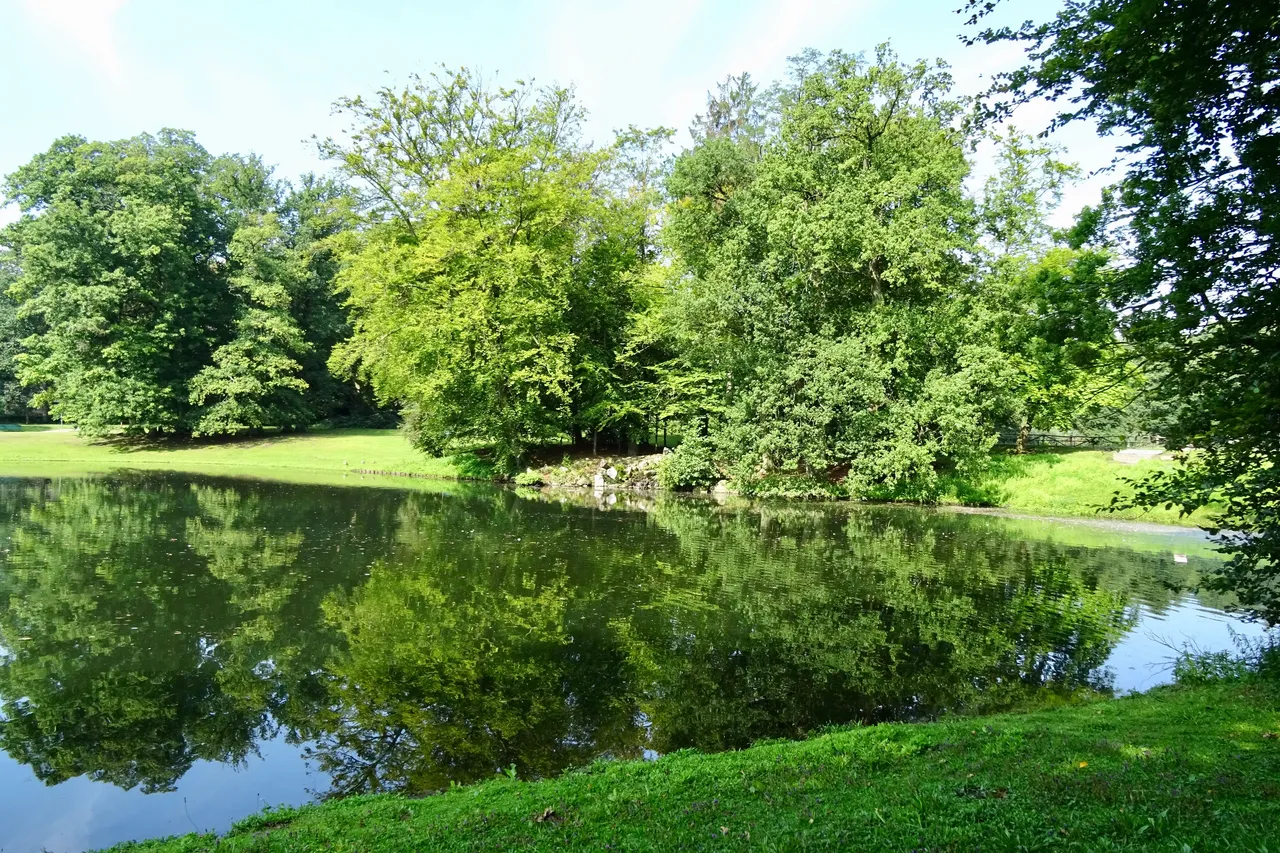
St. Marten/Sonsbeek
St. Marten en Sonsbeek leven op parkritme. Paviljoenen, Stadsvilla, Ketelhuis en Heisa Koffiebar trekken wandelaars, forenzen en gezinnen, met weekendpieken rond Park Open, Open Coffee en ArnhemProeft, en aandacht voor duurzame bekers en lokale makers.

Elderveld
De koffiescène in Elderveld is lokaal en sociaal. Wijkcentrum, Elderhof en De Gaanderij dragen het ritme met ochtenden. Het profiel schetst publiek, plekken en kansen, waaronder een betaalbare specialty bar nabij Elderveldplein.
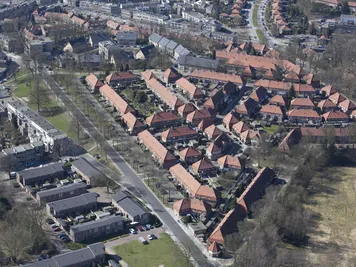
Klarendal
Klarendal in Arnhem heeft een compacte, karaktervolle koffiescène. Rond Klarendalseweg, Hommelseweg en Sonsbeeksingel vormen CASPAR, Heisa, Sugar Hill, BEER en boekencafé Libertas huiskamers voor creatieven, met aandacht voor design, community en duurzaamheid.
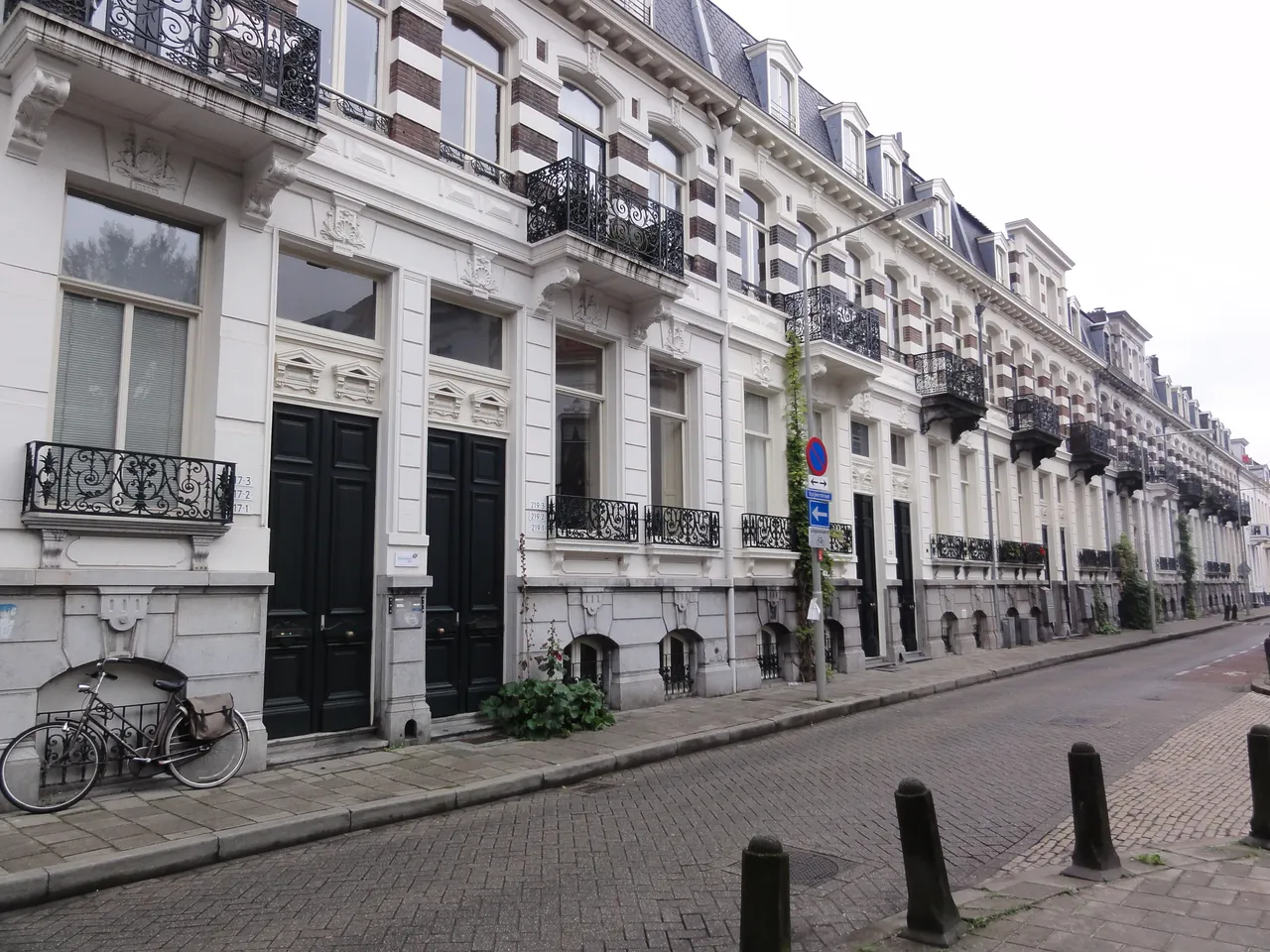
Spijkerkwartier
Spijkerkwartier in Arnhem heeft een wandelbare, kwaliteitsgedreven koffiescene rond Steenstraat, met laptopvriendelijke cafés, to-go stromen en sterke koppelingen aan Repair Café en circulariteit.
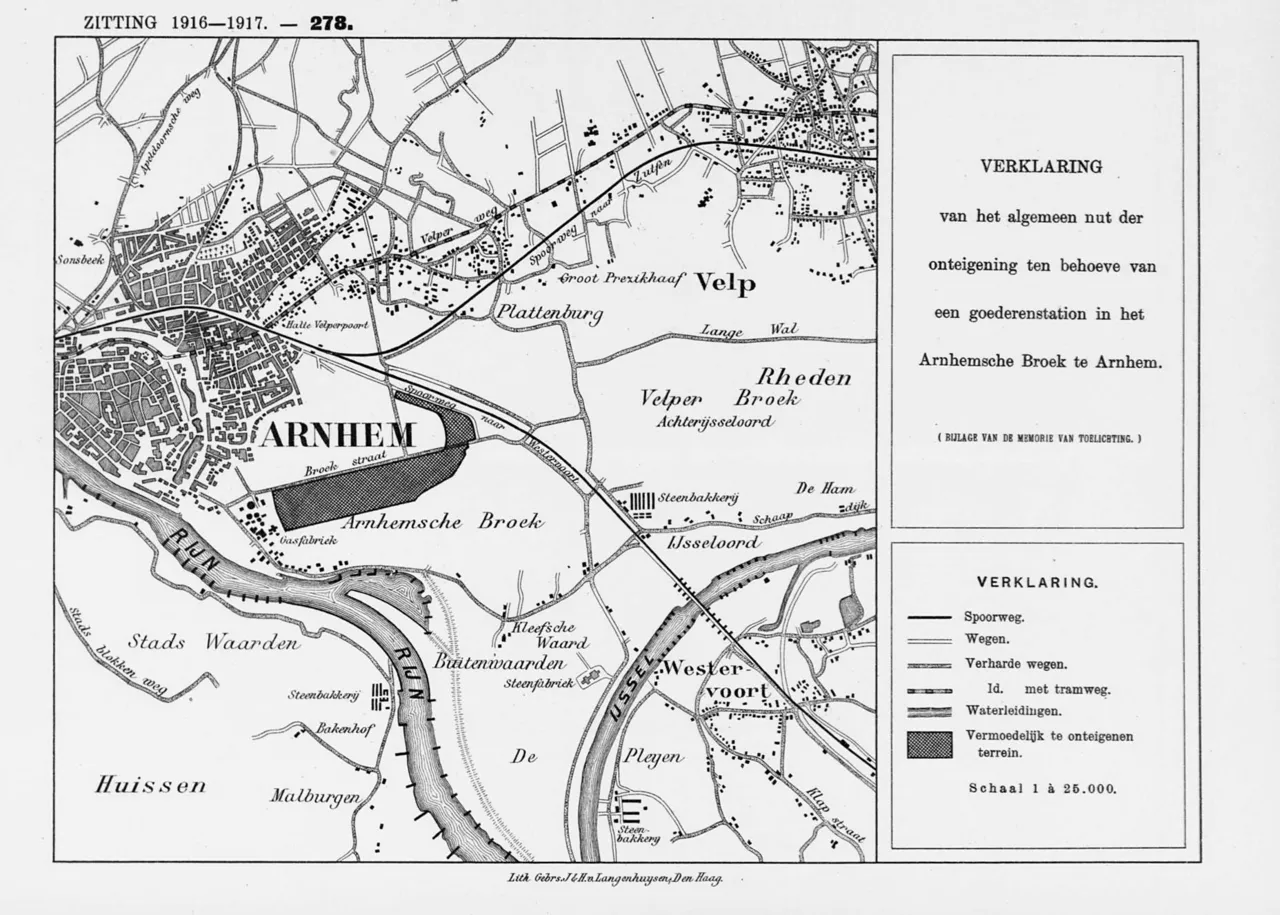
Arnhemse Broek
Arnhemse Broek groeide van industriegebied naar werkerswijk. De koffiecultuur is praktisch en buurtgericht, geconcentreerd langs de Johan de Wittlaan met lunchrooms, cafés en sociale inloopplekken zoals De Kansenfabriek.
More about Arnhem
Introduction
Historical roots
Craftsmanship and consolidation
Rise of espresso culture
Key players in the city
- Peeze Coffee Roasters, founded in 1879, brings "fair and delicious" together in climate-neutral blends.
- MAMS Coffee & More (2015) combines its own blends with freshly baked cake for a warm start to the day.
- Anne&Max calls itself 'the living room in the city' and grinds beans on the spot for a personalised cup.
- Walt Coffee Bar gives every guest a piece of homemade brownie, reinforcing a sense of community.
- Bomboca brings Portuguese flavours to Musis Park with exclusively Portuguese ingredients.
Consumer trend: quality first
Plant‑based choices and living‑room vibe
Events and networking
Sustainable initiatives
- FairTrade Municipality- Since 2011 the municipality serves only fair‑trade coffee in offices and at events.
- Arnhem Tasty & Green!- In 2025, 26 hospitality venues joined to reduce food waste and increase plant‑based choices.
- Peeze’s compostable capsule- Bio‑based pod from 2016 can go straight into the organic waste bin and has won national awards.
- SpijkerZwam– uses coffee grounds from cafés to cultivate oyster mushrooms, creates local jobs and closes the loop.
- Circular Café– meeting at Peeze in 2024 where entrepreneurs and the municipality shared goals for waste reduction.
